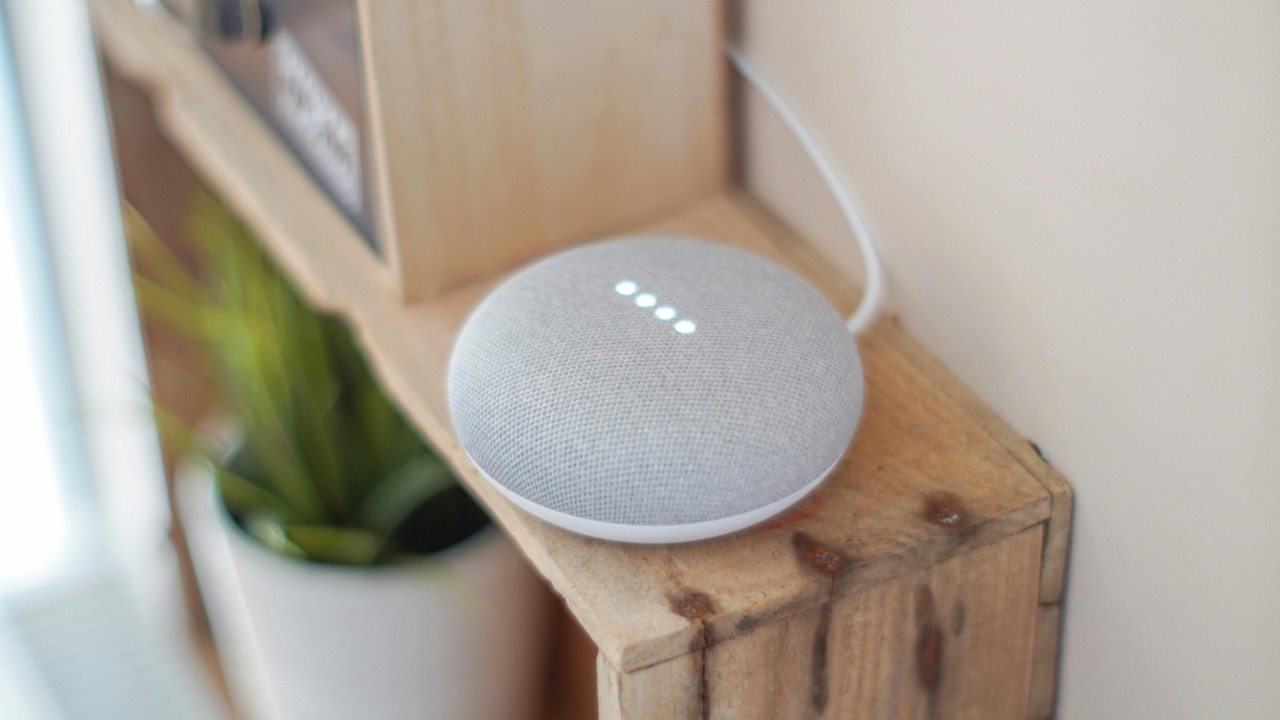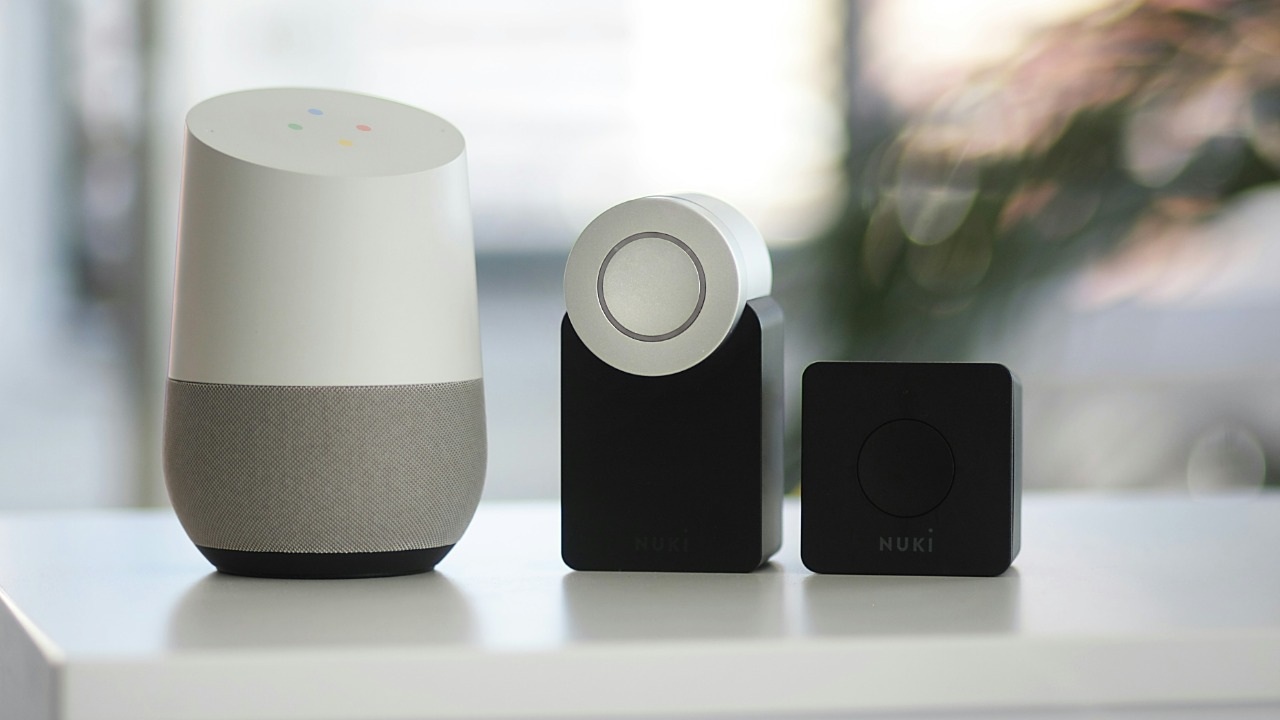
In today’s digital age, privacy concerns have become paramount, especially with tech giants like Google. With countless reports and analyses highlighting how voice assistants might be listening to us, it’s important to take proactive steps. Here’s how you can ensure your conversations remain private.
Understanding the Issue

The rise of voice assistants has significantly impacted our privacy landscape. Devices with voice-enabled features, such as smartphones and smart speakers, have become ubiquitous in our daily lives. However, this convenience comes at a cost. Numerous reports and studies have highlighted concerns about these devices actively listening, even when they are not in use, raising red flags about potential privacy breaches.
Research from academic journals, such as those found in SAGE Journals, has delved into the extent of Google’s data collection practices. The debate on consent and data collection is at the center of this issue. Many users are unaware that their voice data may be collected without explicit consent, leading to ethical concerns and discussions about what constitutes informed consent in the digital age.
Steps to Prevent Google From Listening

Adjusting your device settings is a crucial first step in limiting Google’s access to your microphone. Navigate to your device’s settings menu and locate the privacy or microphone access options. Here, you can manage which apps have permission to use your microphone, effectively reducing the likelihood of unwanted listening.
Another effective measure is disabling voice assistant features. For example, on Android devices, you can disable Google Assistant by going to Settings, selecting Google, and then accessing the Search, Assistant & Voice menu. From there, you can turn off the Google Assistant option. It’s also important to regularly review app permissions to ensure no unauthorized access. This can be done by frequently checking your device’s app permissions settings and adjusting them as needed.
Alternative Solutions and Recommendations

For those seeking enhanced privacy, using third-party apps can be a viable solution. These apps help monitor or restrict microphone access, providing an additional layer of security. Moreover, exploring non-Google alternatives that prioritize user privacy over data collection can also be beneficial. Devices and services that are designed with privacy in mind can offer peace of mind to those concerned about data security.
Community tips and expert opinions are invaluable resources when it comes to safeguarding privacy. Engaging with user communities, such as those on Reddit, can provide practical tips and real-world experiences. Additionally, insights from privacy experts can guide users in making informed decisions about their digital safety.
Staying Informed and Vigilant

In the ever-evolving world of technology, staying informed about policy changes is crucial. Regularly reviewing Google’s privacy policies and any updates they announce ensures you’re aware of how your data is being handled.
Engaging with privacy advocacy groups can also be a proactive step. These organizations work tirelessly to advocate for digital privacy rights, offering a wealth of resources and support. Finally, cultivating a privacy-conscious mindset involves more than just adjusting device settings. Developing habits that prioritize the protection of personal data will help ensure your conversations and information remain secure.